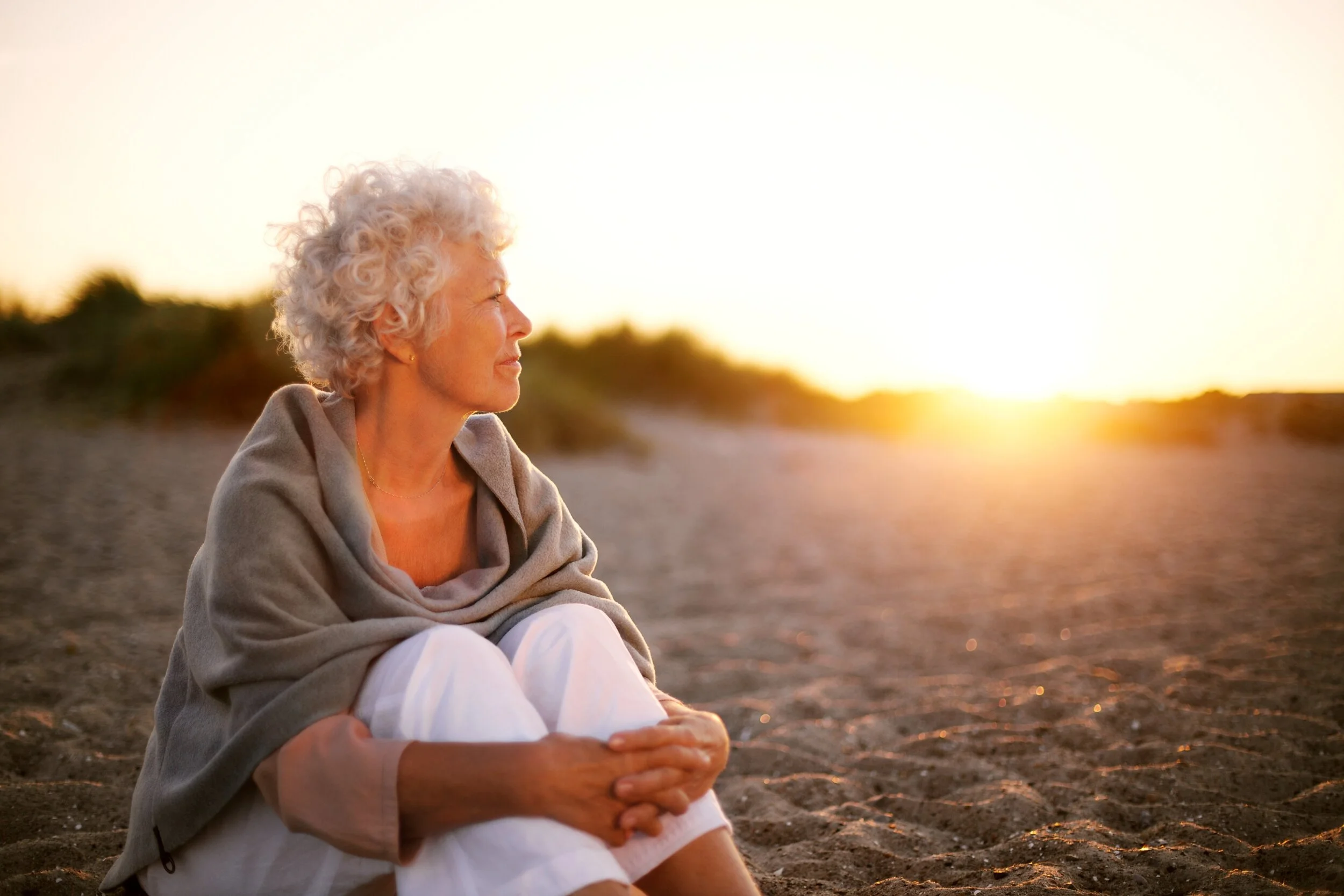6 Tips to Protect Yourself & Others from COVID-19
By: Hannah Eaglen | Brand Manager
With the growing concern and recent developments in the spread of Coronavirus (COVID-19), many people are wondering if there are more ways they can protect themselves and others from its spread. As a matter of fact, there are many things outside of general hygiene practices that you can do to keep yourself and others safe and do your part to stop the spread of this pandemic.
1. Stay Home and Limit House Guests
Everywhere you look people are posting about #SocialDistancing. This movement is one that everyone should absolutely follow. However, what many people don’t know is that there is a difference between social distancing and practicing quarantine. Social distancing is the practice of staying at least six feet from others, whether that be in a public setting or at home. Whereas, practicing quarantine is to stay home as much as possible in order to keep yourself and others in your home safe from the spread of this virus.
With that being said, it is very important that citizens stay in their homes as much as possible, because even with social distancing, the spread can still continue. On top of this, you should limit the number of house guests you allow and limit their travel as well. This may seem extreme, but these measures practiced by our community members will allow this pandemic spread to end sooner rather than later.
2. Clean your Home (even the things you wouldn’t normally think of)
When I write this, you are probably thinking “duh.” However, there are many areas of the house that people forget to clean and disinfect. Obviously, you should be sure to disinfect all commonly touched surfaces; such as doorknobs, countertops, and light switches. On top of this, you should be sure to disinfect those small things that you would not typically think of; such as, tv remotes, phones, the flushing handle on toilets, bathrooms mirrors, etc. Get creative and do your best to disinfect everything in order to keep your household out of harm.
3. Disinfect Hands Thoroughly Before and After Entering a Public Place
Although you should avoid public places as much as possible, there are some essential places you may have to go like the grocery or pharmacy. When these essential errands take place, be sure to disinfect your hands with soap or sanitizer before entering the store to protect others and then disinfect the same way after leaving the public place in order to not bring germs back into your house. If possible, use a disinfectant wipe from the store on your steering wheel and car door handles after being out as well.
4. Cover Your Mouth with a Tissue when Coughing or Sneezing Occurs
Whether you are sick or not, it is best to cover your mouth and nose when you have to cough or sneeze. Some people may say you can just use your arm, rather than tissue, but a tissue provides much more protection and you can easily throw it away. On top of this, you should always wash your hands after coughing or sneezing, as well.
5. Take Measures to Boost Your Immune System
Boosting your immune systems is especially important during a time of widespread viral infections. There are many suggestions given by health organizations to boost your immune system.
Harvard Health recommends that you get outside to help boost your Vitamin D levels and help your mental health. On top of this, practicing a healthy lifestyle by exercising, sleeping in, and drinking only in moderation can help increase your immune response.
Another way to help would be taking supplements. There are many vitamins and supplements that can increase your immune system capacity. One of the most highly recommended immune boosters is Emergen-C.
6. Avoid Unsanitary Habits that Can Spread Germs
There are many habits that some people may practice that can easily spread germs. For example, nail-biting, touching your nose, or touching your eyes can all spread bodily fluids easily and potentially cause a spread of germs. Habits like these may not be as dangerous on an everyday basis, however, with the rapid spread of a pandemic, these are habits that you should try to limit or cut out altogether.
Practicing these six simple tips can be the catalyst to change that our communities need. With the spread of this pandemic evolving rapidly, we should all take the time to do our part as thoroughly as possible, in order to protect yourselves and those around you.



